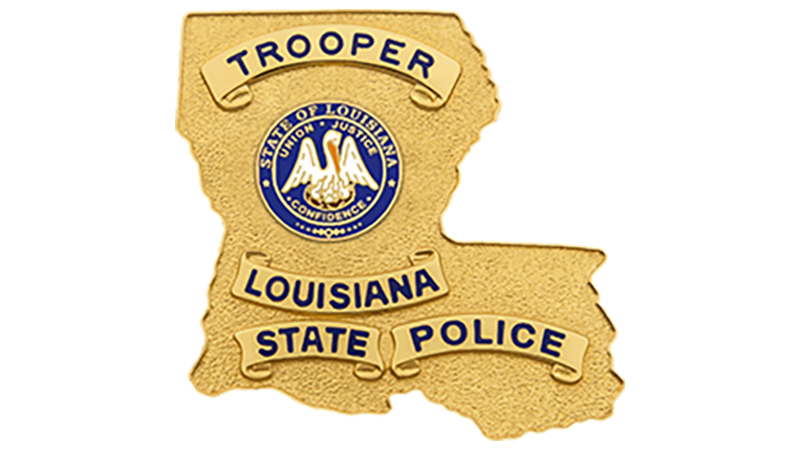Worth remembering
Published 12:00 am Wednesday, January 12, 2011
By David Vitrano
L’Observateur
LAPLACE – The River Parishes quietly observed a milestone last weekend. Saturday marked the 200th anniversary of the largest slave revolt in American history. The revolt began in the River Parishes and was planned partially at Woodland Plantation, which eventually became LaPlace.
Destrehan Plantation for some time now has featured an exhibit on the revolt in a slave cabin behind the main house, but outside of the area the event has been largely forgotten.
Author Daniel Rasmussen has set about to change that with his book, “American Uprising: The Untold Story of America’s Largest Slave Revolt,” and the Washington, D.C., native was in the area recently to discuss the book as part of the events celebrating the anniversary.
His stop Friday at the LaPlace branch of the St. John the Baptist Public Libraries drew much community interest as about 100 local residents crammed into every nook and cranny of the facility’s meeting room for the presentation.
The recent Harvard grad began the research for the book in his junior year as part of his senior thesis. The thesis garnered a number of awards and eventually grew into “American Uprising.”
According to Rasmussen, the revolt was inspired by a successful slave revolt in Haiti a few years before. It eventually got started on Jan. 8, 1811, because inclement weather meant the slaves were not working and artillery could not be moved through the mud, and the military protection of New Orleans was greatly diminished as most troops had been sent to Florida to fight off a threat there.
The main leader of the revolt was Charles Deslondes, a half-white slave who because of his position was able to travel among the various plantations in the area. Plantation owners assumed Deslondes was conferring with the other slaves on matters relating to plantation business, but as Rasmussen said, “He was meeting with other slaves to discuss the revolt.”
When the revolt began on a rainy Jan. 8, the small militia worked its way from the German Coast toward New Orleans and enjoyed some early success. Francois Trepangier, who owned a plantation near present-day Norco and was rumored to be particularly cruel in his treatment of slaves, met his end at the hands of the would-be revolutionaries. Rasmussen said at one point the slaves had de facto control of a stretch along the Mississippi River starting around LaPlace and extending to about present-day Kenner.
“New Orleans was thrown into a state of panic,” said Rasmussen, who noted the panic caused miles-long traffic jams around the city.
Eventually, however, betrayals within their ranks as well as some tactical errors led to the downfall of the revolt.
Said Rasmussen, “We don’t know what happened in the battle. Details are scarce.”
What is known is that the slave combatants were punished in the cruelest of ways. According to Rasmussen the severed heads of rebellious slaves lined the banks of the river as a warning to others who might be considering a similar plan.
Those who were not executed during the battle were tried at Destrehan Plantation in a trial few would consider fair today.
“They didn’t even care what the slaves had done,” said Rasmussen.
He explained that the purpose of the trial was really just to declare the rebels guilty thereby justifying their executions.
“For nearly 200 years this revolt has been covered up and kept secret,” said Rasmussen when explaining what drove him to write the book. Local historian Leon Waters has written a book on the subject, but it is nearly impossible to find.
He said he hopes the story of the slave revolt becomes standard fare in history textbooks.
“It’s a story that is important to American history,” said Rasmussen. “I think its time we restore this revolt to its proper place.”
A round of questions and comments from audience members ended Friday’s discussion.
Rasmussen returned to the River Parishes on Saturday for an event at Destrehan Plantation marking the 200th anniversary of the revolt.
According to Rasmussen, “The reception of the book has been so positive.”
LaPlace attorney Robert Becnel donated nine copies of the book to St. John Parish, and they will be distributed among the parish’s public libraries.
“American Uprising” is available at most bookstores as well as online at www.danrasmussen.net.






